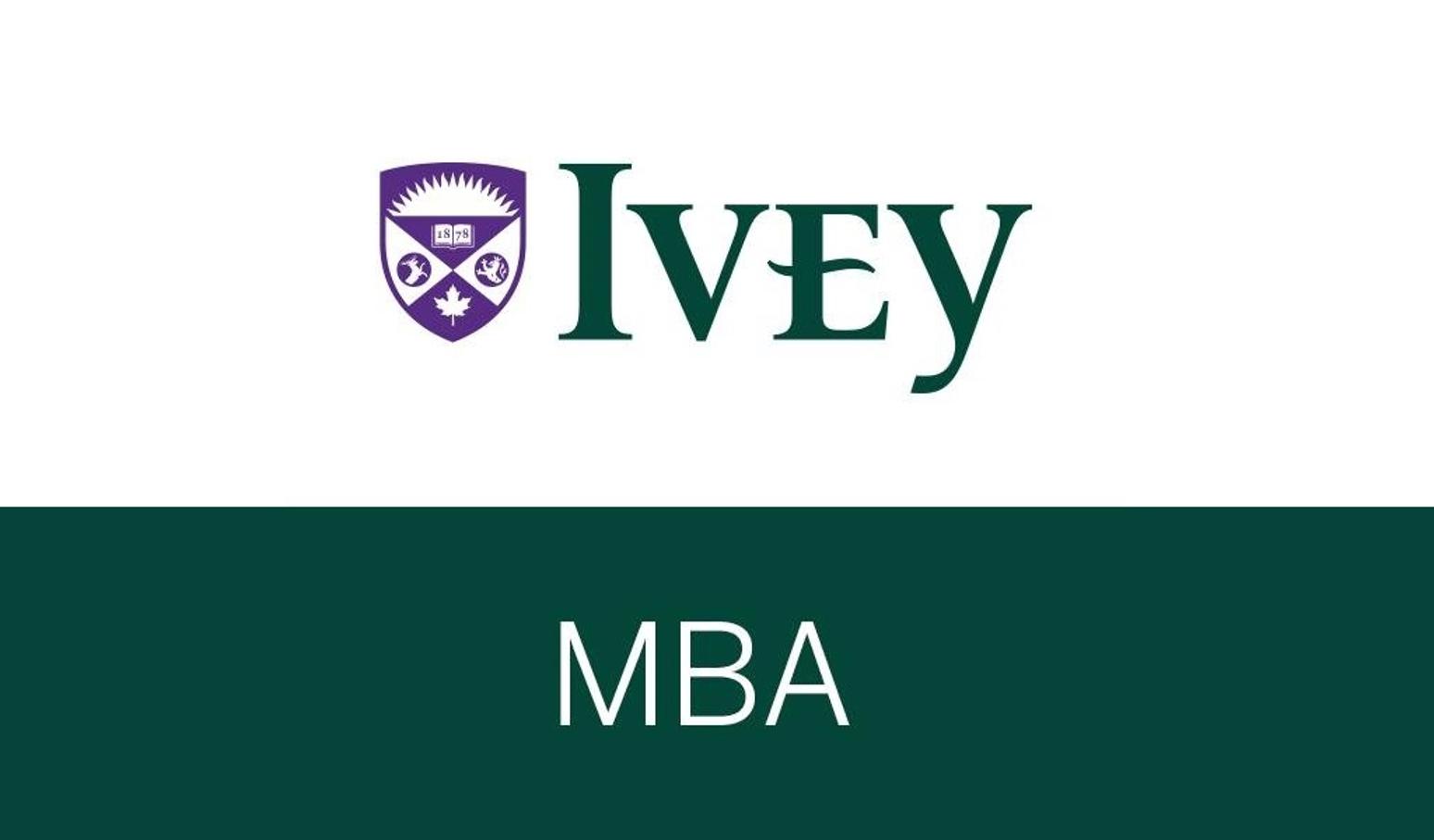Read the following and ask yourself which of the two goal plans I am more likely to achieve:
Goal Plan A: Lose weight by eating better and exercising more.
Goal Plan B: Lose 5 pounds within 30 days by limiting my chocolate intake to once a day and going to the gym three times per week.
Even though you might require more information about me to make an accurate choice, Plan B is better for a number of reasons. First, it is specific. It tells you what I want to accomplish (lose 5 pounds). Second, there is a target date. You will know 31 days from now whether I achieved my goal. Third, there are action items that are measurable. Based on Plan A, how do you know whether you have achieved better or more? Lastly, and most importantly, it’s relevant and realistic. I have an appetite for sweets and have a hard time resisting chocolate so I have chosen a strategy that works for me. As well, I’m very active, so losing 5 pounds is more likely to happen for me than losing 20 pounds.
The reason I share this example is because I often meet candidates who, when asked about their career plans post-MBA, have an answer that is more in line with the example in Goal Plan A as opposed to Goal Plan B.
Many MBA applications and recruiters will ask you some variation on the question, “What are your short-term career goals post-MBA?” When answering this question, it is important to express an answer that resembles Goal Plan B more than Goal Plan A; ideally, an effective response would be specific and related to your career history.
One of the myths about the one-year Ivey MBA Program is that you need to know “exactly” what you want to do post-MBA. That’s definitely a myth because we know that your career plans may change once you get into the program, which is often the case. While we know this, the important thing is to approach the program with a goal plan, and perhaps a back-up plan, which is realistic. Realistic is relative, but here are two examples that are not realistic.
You don’t like numbers, yet you want to pursue a career that depends on strong quant skills.
You worked in roles where you didn’t interact with others, but your career goal is in an area where you’ll work with a range of company employees — everyone from the CEO/owner to frontline staff.
The second myth about one-year programs is that they are NOT meant for career switchers. The truth is that each year, two out of three Ivey MBA students end up switching careers. While there are many reasons why our students are successful in making the switch (alumni network, program reputation, career management), a thoughtful career plan was critical to their success.
